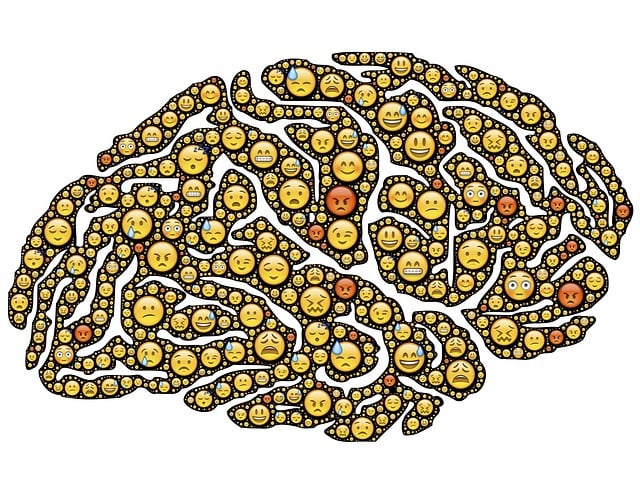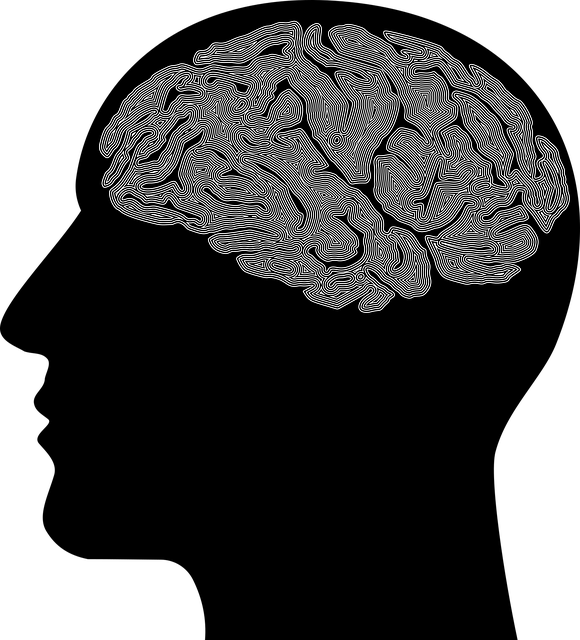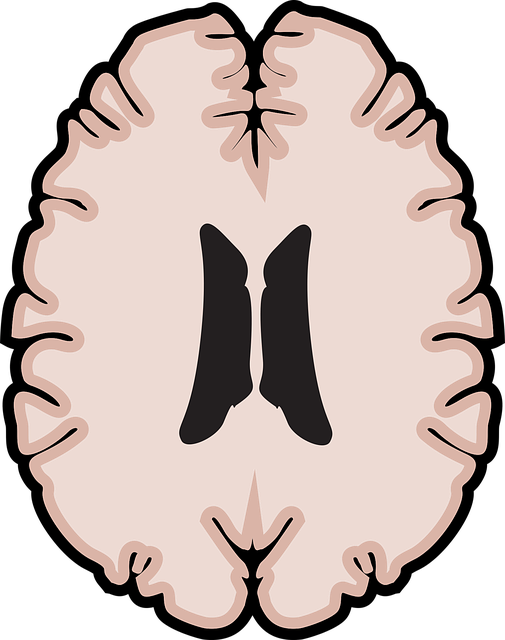Highlands Ranch Therapy for Therapists-Clinicians emphasizes personalized coping skills development through evidence-based practices, cultural sensitivity, and integrated approaches. They offer education programs like podcasts, mental wellness journaling, and self-care coaching to empower clients with tools like mindfulness, CBT, and problem-solving. This tailored therapy focuses on building resilience, reducing stigma, and enhancing well-being, benefiting both professionals and their diverse clientele through effective mood management strategies.
In today’s fast-paced world, coping skills development is an essential foundation for mental well-being. This article delves into the critical role therapists play in teaching and enhancing coping strategies for their clients. We explore effective techniques to foster resilience, highlighting the importance of tailoring these skills to individual needs and cultural contexts. Additionally, we discuss how Highlands Ranch Therapy practices can optimize client support, providing valuable insights for therapists-clinicians looking to improve their approach.
- Understanding Coping Skills: A Foundation for Mental Well-being
- The Role of Therapists in Teaching and Enhancing Coping Strategies
- Effective Techniques for Developing Resilience in Clients
- Tailoring Coping Skills to Individual Needs and Cultural Contexts
- Integrating Highlands Ranch Therapy Practices for Optimal Client Support
Understanding Coping Skills: A Foundation for Mental Well-being

Understanding coping skills is fundamental to fostering mental well-being, and this understanding forms a cornerstone for therapists and clinicians in Highlands Ranch therapy services. These skills are adaptive behaviors that enable individuals to manage stress, overcome challenges, and maintain emotional balance. By equipping clients with an arsenal of coping strategies, therapists can empower them to navigate life’s ups and downs effectively.
In the realm of mental health education programs design, promoting resilience through robust coping skills development is a game-changer. The Mental Wellness Podcast Series Production can also play a vital role in spreading awareness and providing accessible resources for learning these principles, such as Mind Over Matter principles. This multifaceted approach ensures that individuals not only access therapy but also gain practical tools to enhance their mental wellness.
The Role of Therapists in Teaching and Enhancing Coping Strategies

Therapists play a pivotal role in equipping individuals with effective coping skills to navigate life’s challenges. Through tailored therapy sessions, clinicians can teach clients a range of strategies that promote mental health and well-being. One such approach is designing structured Mental Health Education Programs that offer practical tools for managing stress, anxiety, and other common mental health concerns. These programs often incorporate techniques like mindfulness meditation, cognitive behavioral therapy (CBT), and problem-solving skills, which are backed by extensive research in the field of psychology.
In addition to structured programs, therapists can provide Mental Wellness Journaling Exercise Guidance to encourage clients to reflect on their thoughts and emotions. This introspective practice allows individuals to identify patterns, gain insights into their triggers, and develop personalized coping mechanisms. Moreover, therapists should be mindful of cultural sensitivity in mental healthcare, ensuring that the strategies taught are adaptable and respectful of diverse backgrounds, thereby enhancing accessibility and effectiveness in highland ranch therapy for therapists-clinicians.
Effective Techniques for Developing Resilience in Clients

Building resilience is a cornerstone of effective therapy practices, especially in Highlands Ranch Therapy for Therapists-Clinicians. Encouraging clients to develop strong coping skills not only enhances their ability to navigate life’s challenges but also contributes to long-term mental wellness. One powerful technique involves guiding clients towards Self-Care Routine Development for Better Mental Health. This process entails teaching them to prioritize self-compassion, practice mindfulness, and engage in regular physical activity—all of which are proven to bolster resilience.
Additionally, therapists can incorporate Mental Wellness Coaching Programs Development to empower clients with tailored strategies for managing stress and adversity. By fostering open dialogue about mental illness stigma reduction efforts, these coaching programs create a safe space for clients to express their experiences without fear of judgment. This supportive environment is pivotal in encouraging clients to embrace their mental health journeys and develop the resilience necessary to thrive.
Tailoring Coping Skills to Individual Needs and Cultural Contexts

Coping skills are not one-size-fits-all; they must be tailored to meet individual needs and respect cultural contexts. This personalized approach is a cornerstone in Highlands Ranch Therapy for Therapists-Clinicians, where mental health professionals recognize that effective coping strategies vary greatly depending on personal characteristics, life experiences, and cultural backgrounds. For instance, what works as a stress reliever for someone might not be suitable or as effective for another, especially when considering cultural differences in expressing emotions and dealing with challenges.
In the context of a diverse society, therapists must incorporate culturally sensitive practices to ensure the best outcomes for their clients. This involves understanding and incorporating specific cultural coping mechanisms while also teaching universal strategies that enhance self-care routine development for better mental health. Moreover, risk assessment for mental health professionals plays a vital role in tailoring interventions, ensuring that strategies are not only culture-responsive but also safe and effective. Additionally, focusing on self-esteem improvement is key, as positive self-perception facilitates individuals’ ability to navigate life’s challenges and adopt healthy coping habits.
Integrating Highlands Ranch Therapy Practices for Optimal Client Support

Highlands Ranch Therapy offers a unique and integrated approach to support therapists and clinicians in their practice. By incorporating evidence-based techniques, this therapy model enhances the overall client experience. One key aspect is its focus on mood management, providing tools to help individuals regulate their emotions effectively. Therapists can guide clients towards building inner strength, enabling them to navigate challenges with resilience.
Additionally, the community outreach program implementation is a notable feature, fostering connections and promoting well-being on a broader scale. This holistic approach ensures that therapists have the resources they need to deliver exceptional care, ultimately benefiting both the professionals and their clients.
Coping skills development, as highlighted by Highlands Ranch therapy practices for therapists-clinicians, is a multifaceted process that forms a strong foundation for mental well-being. By understanding the unique needs of clients and integrating effective techniques tailored to individual and cultural contexts, therapists can significantly enhance resilience. The role of therapists in teaching and refining coping strategies is pivotal, ensuring individuals possess the tools to navigate life’s challenges effectively. Embracing diverse approaches allows for personalized support, fostering a sense of empowerment and improved mental health outcomes.














